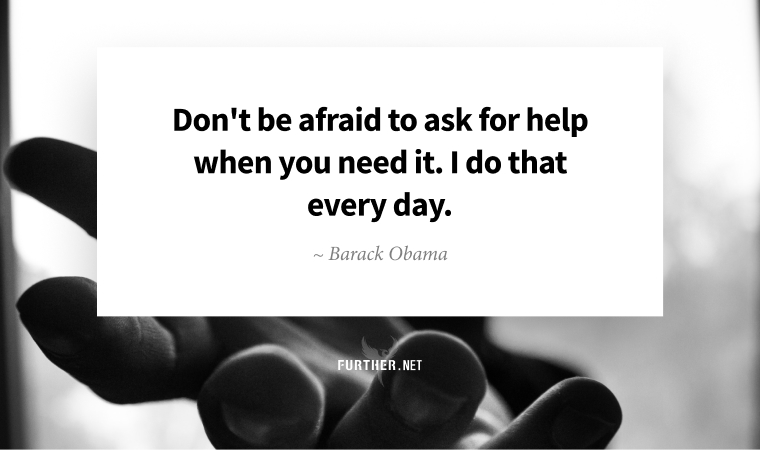
Our generation sucks at asking for help. After all, it’s part of the latchkey kid credo that we take care of ourselves without complaint. But we’re not bitter… just ask Kurt Cobain:
If you ever need anything please don’t hesitate to ask someone else first.
That sums up our internal pushback barometer set to the idea that nobody cares and everyone forgets about us. (Well, that part is kinda true…)
But new research shows that we underestimate people’s willingness to pitch in, often wrongly assuming that people will be annoyed or inconvenienced. That means our stubborn commitment to being independent may be standing in the way of getting the support we deserve and even secretly desire. Time to learn how to ask for help without fear or shame.
Helps Me Helps You
Just the name of the new research article gives you a clue as to why asking for help doesn’t need to be so hard: “Surprisingly Happy to Have Helped: Underestimating Prosociality Creates a Misplaced Barrier to Asking for Help.”
In six experiments with more than 2,000 participants, people repeatedly misjudged how willing strangers were to take a photo of them at a picturesque location when politely asked. And when told to recall how it felt when they requested (and received) or provided assistance in a range of scenarios with strangers, friends, and family, the participants’ response was overwhelmingly positive.
As the lead researcher, psychologist Xuan Zhao, observed:
We feel good making a positive difference in other people’s lives. Helping makes people feel better.
This points to a phenomenon identified in the 1980s known as “helper’s high.” Aiding others is a prosocial behavior that unleashes feel-good chemistry (i.e., serotonin, dopamine). In other words, it provides the same hormonal hit as other top self-care actions, like meditation and sex.
Now that you know asking for help gives others the chance to boost their bliss, here’s how you can more easily and comfortably request support.
Helpmate
Here at Further, we’ve discussed how to set SMART goals. Wayne Baker, author of All You Have to Do Is Ask: How to Master the Most Important Skill for Success, advocates using the same method when requesting help to ensure your ask is thoughtful. So, make it:
- Specific
- Meaningful (so it’s clear to all why you’re asking)
- Action-oriented
- Realistic
- Time-bound
Plus, if it’s a big request, consider including an easy out upfront. And after you get the assistance you need, be sure to express your heartfelt gratitude. That reinforces making everyone involved feel good about the interaction — which helps a lot.
Go Ahead, Ask for Help. People Are Happy to Give It. (New York Times)
